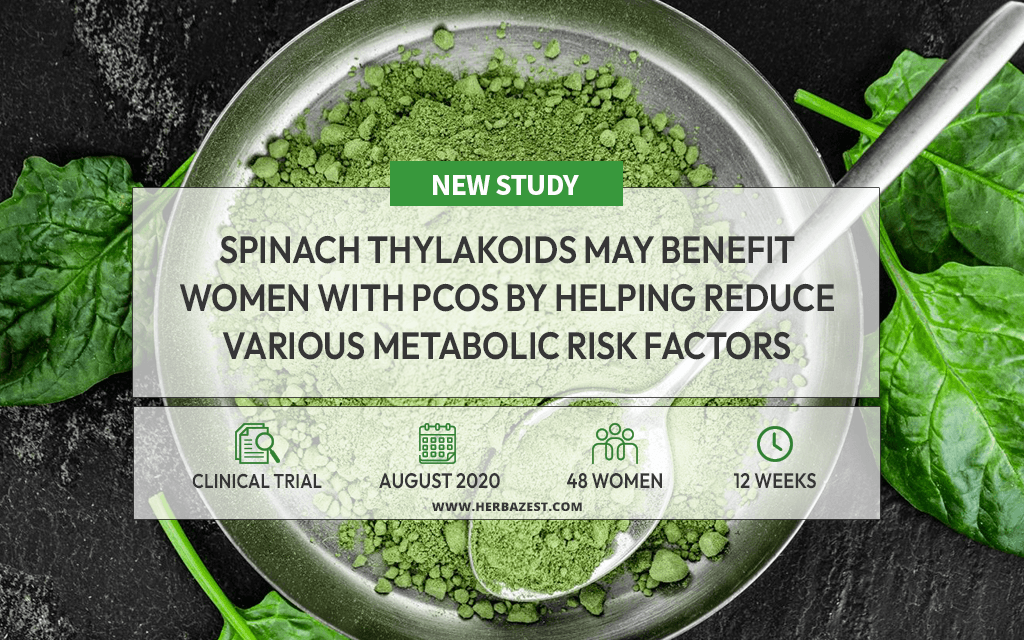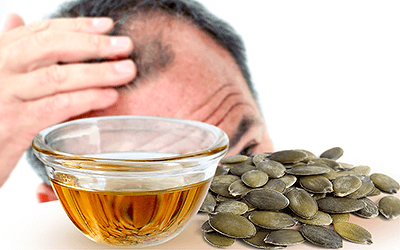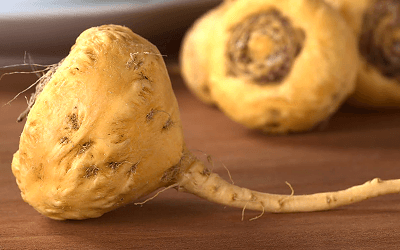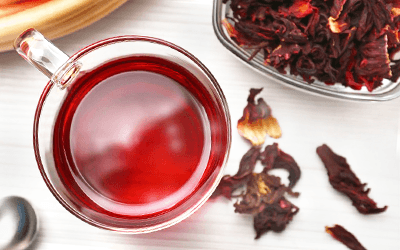Obesity is associated with a wide range of health issues, including diabetes, heart disease, depression, and more. It is also a risk factor for polycystic ovary syndrome (PCOS), an endocrine disorder that causes irregular periods and infertility. It's been shown that up to 80% women with PCOS are overweight or obese.1
Spinach contains photosynthetic membranes, called thylakoids, which have beneficial effects on obesity, satiety, cholesterol levels, and blood sugar control. To better understand their potential medicinal applications, this study assessed the effects of spinach thylakoids on obese women with PCOS.
The Study
This clinical trial involved 48 women with PCOS with a body mass index between 30-40 kg/m2 and between the ages of 20 and 45. The intervention lasted for 12 weeks.
Along with oral contraceptives (which are the standard treatment for PCOS) and a low-calorie diet, women were given 5 grams of thylakoid-rich spinach extract powder per day or matching placebo, consisting of raw corn starch. Women were instructed to dissolve the powders in a glass of water and drink it before lunch.
Researchers measured changes in anthropometric measurements and metabolic statuses before, during, and after the trial. They published their results in the 2020 edition of the Nutrition Journal.
The Results
Following a calorie-restricted diet and taking thylakoids has led to significant decreases in weight and fat mass.
Women in both groups had other anthropometric improvements as well (e.g., body mass index, waist circumference, and waist to hip ratio), which are attributed to the low-calorie diet.
The thylakoid group also had substantial reductions in metabolic syndrome indices (insulin, HOMA-IR, and HOMA-B). There was also a significant increase in QUICKI (an index of insulin resistance, an increase of which suggest higher insulin sensitivity).
What Does this Mean?
As can be seen in the results of this clinical trial, spinach thylakoids have weight-reducing abilities, which can benefit obese women with PCOS. They may also help to reduce other risk factors of metabolic syndrome, including improving insulin sensitivity.
Since it was the first trial investigating the benefits of spinach for treating PCOS, more studies are required to further explore its potential applications.
Other herbs that may help reduce the burden of metabolic syndrome are pears, peanuts, mango, and tomatoes.
Sources
- Nutrition Journal, The effects of spinach-derived thylakoid supplementation in combination with calorie restriction on anthropometric parameters and metabolic profiles in obese women with polycystic ovary syndrome, 2020
Footnotes:
- Obesity Management. (2007). Obesity and Polycystic Ovary Syndrome. Retrieved November 25, 2021 from https://www.ncbi.nlm.nih.gov/pmc/articles/PMC2861983/




